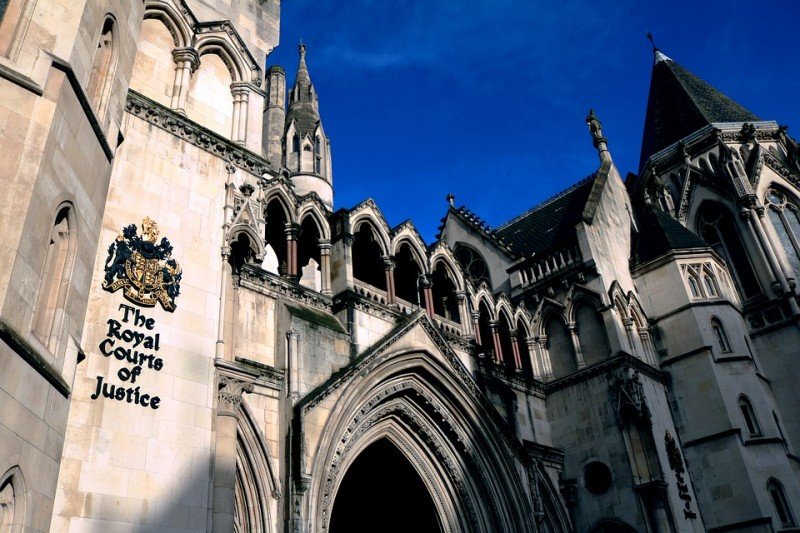HSE settles judicial review brought by OCS Group before High Court hearing

The Health and Safety Executive (HSE) has settled a judicial review of its cost recovery process out of court before the planned High Court hearing on 8 March 2017. OCS Group, an international facilities management company, was granted permission for the judicial review in September 2016. The matter under review was the process used by HSE for handling challenges to its charges for visiting workplaces, under its Fee for Intervention (FFI) scheme.
This is a significant change that will bring in a new process for determining disputes relating to the FFI scheme which will be completely independent of HSE by 1st September 2017 – Michael Appleby, Fisher Scoggins Waters LLP Solicitors
FFI was introduced in October 2012 in an effort to pass the costs of health and safety monitoring and compliance on to businesses rather than have them paid for via taxation through funding of the HSE. In practice, this means that if an HSE inspector visits a workplace and is of the opinion there has been a material breach of health and safety legislation then the organisation is required to pay HSE’s costs of its visit and any subsequent investigation. In the case of disagreement over whether there were breaches or the level of those costs, a dispute resolution panel consisting of two HSE representatives and an independent person sat to decide the matter.
“OCS Group is a safety-focussed organisation and we have a good working relationship with the Health and Safety Executive,” said Ian Goodlife, director of health, safety, quality and environmental at OCS Group.
“Our decision to ask for a judicial review of the Fee for Intervention dispute resolution process was not about opposing the idea of FFI but about addressing concerns we have about the independence, fairness and transparency of the dispute process in which HSE effectively acted as prosecution, judge and jury.”
HSE has agreed to introduce a revised process for determining disputes on or before 1 September 2017 which addresses these concerns.
“For OCS Group – and for the business world at large – we are pleased to have reached agreement with HSE that resolves the matter under judicial review and will bring a revised process for determining disputes”, he said.
In the terms of the consent order entered into by both parties, HSE has withdrawn its original August 2014 notice of contravention in which it alleged failures in the management of Hand Arm Vibration Syndrome (HAVS) by OCS Group staff using strimmers.
Michael Appleby of Fisher Scoggins Waters LLP Solicitors acted for OCS Group and instructed Keith Morton QC of Temple Garden Chambers as counsel.
“This is a significant change that will bring in a new process for determining disputes relating to the FFI scheme which will be completely independent of HSE by 1st September 2017,” he said.
“Moreover, under a consultation exercise, all stakeholders will have the opportunity to offer their thoughts on the detail of that new process.”
HSE settles judicial review brought by OCS Group before High Court hearing
The Health and Safety Executive (HSE) has settled a judicial review of its cost recovery process out of court before
Lauren Applebey
SHP - Health and Safety News, Legislation, PPE, CPD and Resources Related Topics
Company fined after worker crushed to death
Horticulture company fined after lorry driver suffers life changing injuries
Director jailed for failing to protect workers from asbestos exposure


I fully support the FFI as I believe it is fair and proper that business should pay for the HSE’s time, when a significant material breach of legislation is identified. I also support the judicial review that the OCS Group brought forward, as it is important for businesses to have confidence that the system is fair and that any dispute following the HSE’s intervention, will be addressed by individuals independent of the HSE.
In which case you knowledge of jurisprudence makes it inappropriate for you to comment.
I have been on the list of independent appeal panel members since the start of the scheme, but never been called into action. I assume the number of appeals is low?!